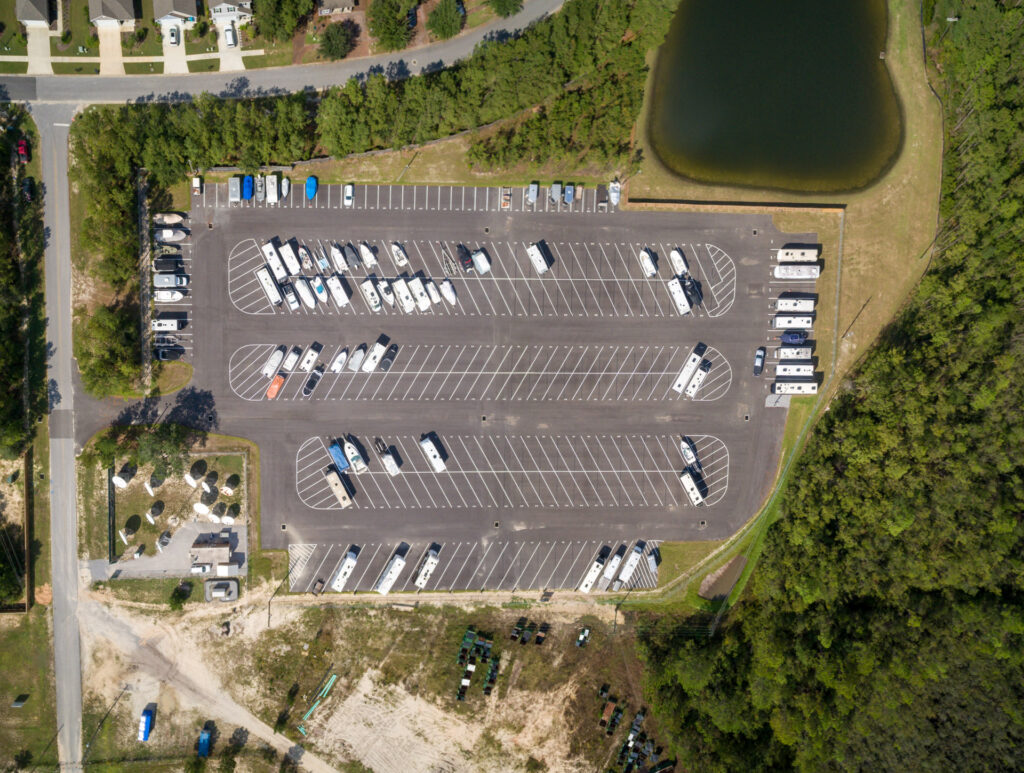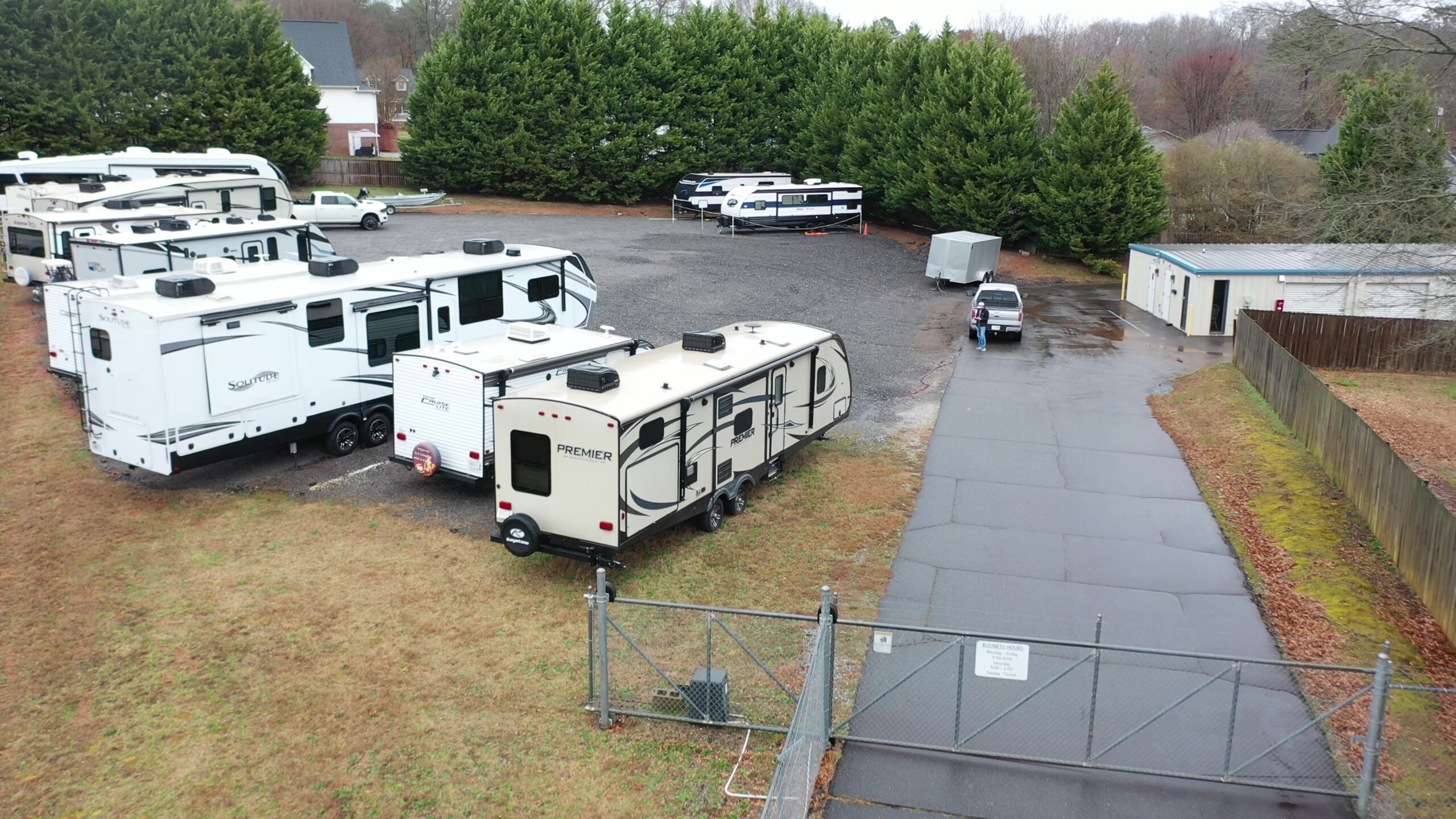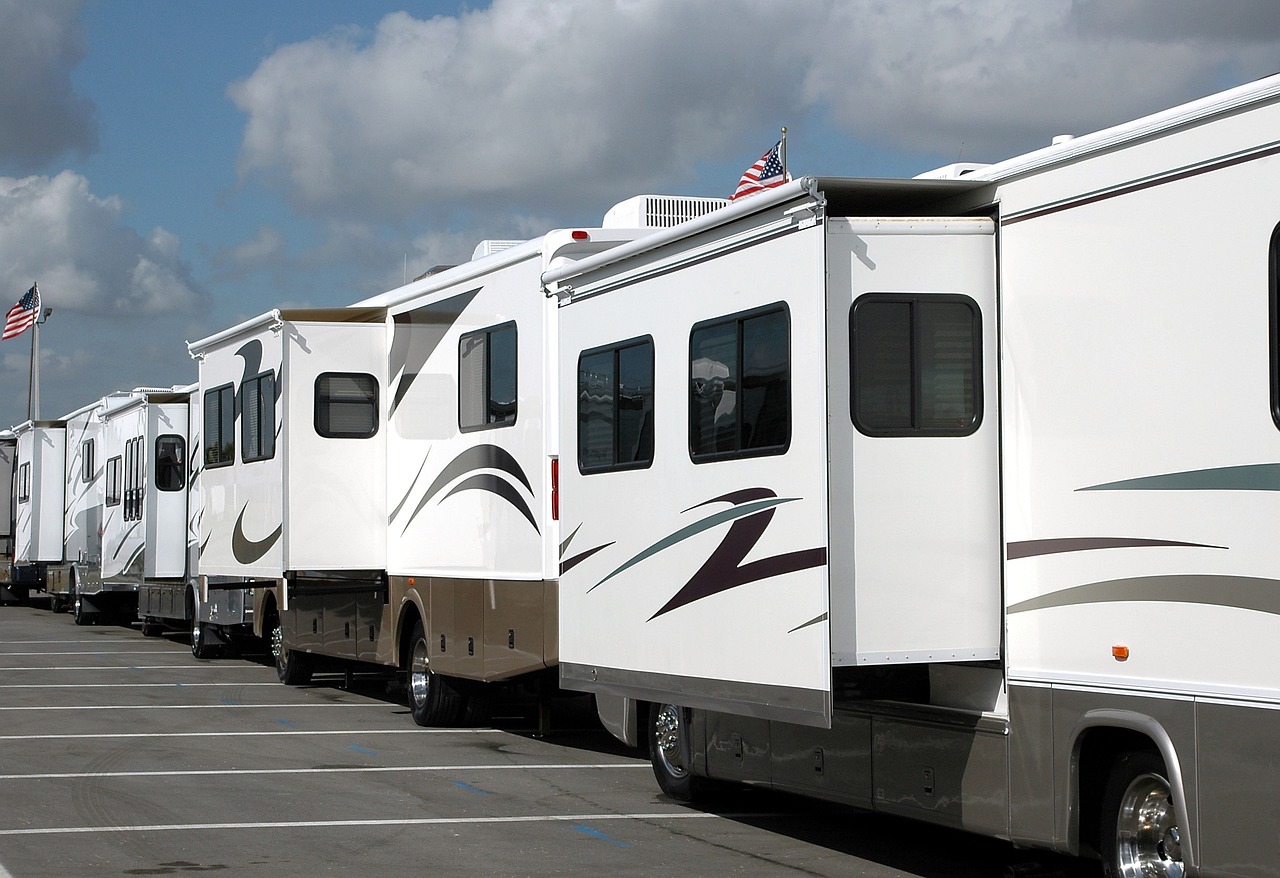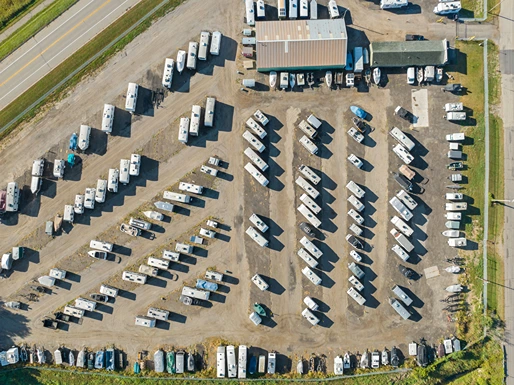Storing a vehicle requires more than just parking it in a garage and walking away. Proper vehicle storage is essential to ensure that your car, truck, or recreational vehicle remains in good condition. Whether you are storing your vehicle for a few months or a few years, taking care of essential maintenance tasks can prevent future issues. In this article, we’ll cover the key steps you should consider for vehicle storage maintenance.

Preparing For Vehicle Storage
Before you store your vehicle, preparation is key. A well-prepared vehicle is less likely to suffer from issues like battery drain, flat tires, or rust. Let’s look at some essential steps to take before you store your vehicle.
Clean Your Vehicle Thoroughly
First, give your vehicle a thorough cleaning. Dirt, grime, and salt can cause damage over time, especially if left on the vehicle’s exterior. Wash the exterior, vacuum the interior, and remove any trash or personal items. Applying a coat of wax can provide an extra layer of protection against the elements.
Check Fluid Levels
Next, check all the fluid levels. Top off the oil, coolant, brake fluid, and windshield washer fluid. If you plan on storing your vehicle for an extended period, consider changing the oil. Fresh oil will reduce the risk of engine corrosion and keep the engine components well-lubricated.
Inflate Tires to the Proper Pressure
Proper tire pressure is crucial when storing your vehicle. Under-inflated tires can develop flat spots, which can be difficult to fix later. Inflate your tires to the recommended pressure, and if possible, move the vehicle periodically to prevent flat spots.
Maintenance During Vehicle Storage
Once your vehicle is in storage, ongoing maintenance is necessary to ensure that it remains in good condition. Here are some essential maintenance tasks to consider during the storage period.
Battery Maintenance
A car battery can lose its charge if the vehicle sits unused for too long. To prevent this, consider using a battery maintainer or trickle charger. These devices will keep the battery charged without overcharging it. If you don’t have a maintainer, disconnect the battery to avoid drainage.
Protecting Your Vehicle from Pests
Pests can be a significant problem for stored vehicles. Rodents and insects may find your vehicle a cozy place to nest. To deter pests, seal any openings, such as the exhaust pipe and air intake, with steel wool or mesh. You can also use mothballs or peppermint oil to repel unwanted guests.
Preventing Rust and Corrosion
Rust and corrosion are common issues for stored vehicles, especially in humid environments. To combat this, use a rust inhibitor spray on metal parts and components. Additionally, keep your vehicle covered with a breathable car cover to protect it from moisture.
Call us NOW and learn more about securing your vehicle in Mason City RV Storage! We have your long-term needs COVERED!
Restarting After Vehicle Storage
After storing your vehicle for an extended period, it is essential to follow the right steps to bring it back to life. Here are some tips for restarting your vehicle after storage.
Inspect for Any Visible Issues
Before starting the engine, perform a thorough inspection. Check for signs of damage, leaks, or pests. Look under the hood for any disconnected wires or hoses. Ensure that there are no obstructions in the exhaust pipe or air intake.
Check Fluid Levels Again
After a long period of storage, it’s important to check all fluid levels again. Make sure the oil, coolant, brake fluid, and other fluids are at the proper levels. If any fluids are low, top them off before starting the vehicle.
Test the Battery
Reattach the battery if it was disconnected, or remove the maintainer if one was used. Test the battery to ensure it has enough charge to start the vehicle. If the battery is dead, you may need to jump-start the vehicle or replace the battery.
Start the Engine Slowly
When starting the engine for the first time after storage, do so slowly. Turn the key to the accessory position to allow the fuel pump to prime the system. Then, start the engine and let it idle for a few minutes to warm up. Listen for any unusual sounds and monitor the gauges for any warning lights.

Tips for Long-Term Vehicle Storage
If you plan on storing your vehicle for an extended period, there are a few additional steps you can take to ensure its longevity.
Use a Quality Cover for Vehicle Storage
A high-quality vehicle cover can protect your car from dust, debris, and moisture. Choose a cover that is breathable and fits your vehicle snugly. This will help prevent moisture buildup and reduce the risk of mold and mildew.
Store Your Vehicle Indoors
Whenever possible, store your vehicle indoors. An indoor storage facility provides protection from the elements, such as rain, snow, and sun. If indoor storage is not an option, consider using a carport or canopy to provide some level of protection.
Keep Your Insurance Active During Vehicle Storage
Even when your vehicle is in storage, it’s important to keep your insurance active. This protects you from potential risks like theft, vandalism, or damage. Contact your insurance provider to discuss options for storage coverage.
Regular Checks During Vehicle Storage
Even when your vehicle is in storage, check on it regularly. Look for any signs of damage or issues that may have developed. This allows you to address problems early and prevents them from becoming more significant issues later.
Conclusion
Proper vehicle storage is essential for maintaining your vehicle’s condition and value. By following these essential maintenance tips, you can ensure your vehicle remains in top shape while in storage. Regular cleaning, checking fluid levels, maintaining tire pressure, and protecting against pests and rust are all vital steps. When it’s time to bring your vehicle out of storage, a careful restart process will help get you back on the road smoothly. By taking these steps, you can enjoy peace of mind knowing that your vehicle is well cared for, even when not in use.
Contact us here to learn more about the units we have available, our pricing and how we can customize this experience for you!
Disclaimer:
The information provided is intended for educational purposes only and should not be taken as advice nor are there guarantees of any kind.


